You’ll know you are approaching Sacred Grounds when you smell the rich scent of coffee wafting through the streets of Arbroath.
In a wee unit in the business park, coffee fanatics Jamie Simpson and Kathryn Baker are hard at work.
After roasting coffee beans in Glasgow, Jamie knew he wanted to continue this passion once he returned home to Arbroath.
With a desire to bring artisan coffee to Angus, the duo founded Sacred Grounds.
Today, Jamie and co-founder Kathryn remain as obsessed with coffee as they were back then.
“When I moved back to Arbroath,” Jamie says, “we thought it would be great to bring artisan coffee into the area. But we weren’t super keen on having a coffee shop.
“So we had the idea to become a roastery to supply other places.”
Co-founder Kathryn adds: “So we did the markets, and we told people all about our coffee.
“There was a mixed response from some, and it wasn’t easy, but we persevered and we still have loyal customers who we met at markets back then.
“People understand artisan coffee more now than they did then.”
Some did not react well to the distinct taste.
“When we would do those markets” Jamie says, “it would be obvious that people were bracing themselves for that standard coffee flavour.
“Some people would taste it and go, ‘ooh!’, but others would taste it and go ‘oh no’.”
Kathryn says: “But I like to think we changed people’s understanding, and showed them what coffee could be.
“It’s more than just churning out dark brown beans.”
They ‘don’t want to take over the world’ at Sacred Grounds in Angus
Eight years on, Kathryn says they are happy as a small, local business.
And though they love their loyal customers and are always keen to take on more, they enjoy working in small, personalised batches.
“At the moment, there’s two of us and that means we can purely focus on coffee,” she says.
“We don’t want to take over the world.
“It means we have time to provide a real quality service.
“We can take smaller sacks of beans like Gesha” – what Kathryn calls the Don Perignon of coffee – “and really concentrate on the quality.”
For Jamie, keeping things small also means their business model is sustainable.
“We might be a small operation,” he says, “but hopefully one that in years to come will still be an operating small operation, rather than one of the many people who expand unfortunately beyond the means and then don’t exist.”
Meet Scared Grounds team member, Fatima
Jamie clearly has a big space in his heart for coffee roaster, Fatima.
She (a machine, not a woman) was about to be shipped abroad when Jamie and Kathryn were considering set up shop.
It was perfect timing, and Fatima has been a crucial part of their team ever since.
“It was just meant to be,” Jamie says rather wistfully, “when I think about how many hours we’ve spent together…”
The 16-year-old coffee roaster can only roast 5 kilos of beans at a time, but this is perfect for Jamie who likes to make sure each batch is perfect.
“I guess it’s just like musicians and their instruments,” head roaster Jamie says, “you get to know an instrument and you know exactly how it plays.”
How does the beloved Fatima roast the coffee beans?
On their roasting days – that’s Mondays and Wednesdays – Jamie will pour the green coffee beans into the top of the machine.
They get their beans from the “coffee belt”, the majority coming from South or Central America or Africa.
The beans get fed into the rotating drum, where they are tumbled and roasted. This process allows the beans to access “different types of heat”, whether that be heat from the drum itself or the hot air moving through the drum.
This, Jamie says, ensures the beans get essentially cooked evenly.
And it isn’t guesswork, it’s science.
There’s a probe in the machine which measures the temperature directly in the bean pile of each roast. He has a complicated-looking graph which plots the temperatures of current roast and compares it with previous ones.
“You can change the amount of heat you’re putting in at any time,” he explains.
“And if you’re working with an unfamiliar coffee, you can sample it. That’s all done through smell.”
A sack of coffee beans can cost as much as £750, depending on the weight and the bean variety.
After the beans are roasted, they are poured out into the cooling tray. Jamie then checks through them for any duds – beans which are over or under roasted.
Then, they are ready to be bagged, and used (for the best tasting coffee, within the next month).
Sacred Grounds are completely “roast to order”, so nothing is left sitting around in the unit not being used.
‘We’re not coffee gatekeepers’
“On every bag,” Kathryn adds, “we include tasting notes. In that way, it’s very like fine wine or great chocolate, it’s the same idea.
“They can be subjective, but that’s one of the really fun parts of what we do.”
Now, the days of “mixed response” to their speciality brew are gone.
“People actually care about what they’re drinking,” says Kathryn, “they just don’t want that dark roasted coffee.
“We do have a decaf. We said specifically that if we were going to do a decaf it had to be as good as the caffeinated stuff.”
“But,” Jamie adds, “we’re not coffee gatekeepers. You can drink it any way you like.”
The duo won’t judge anyone (like yours truly) who adds milk or sugar to their Sacred Grounds coffee, although it’s so delicious it doesn’t even need it.
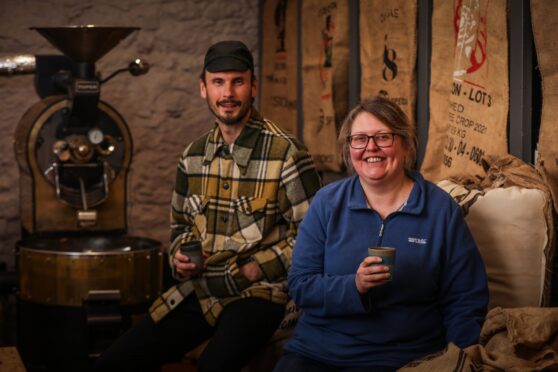

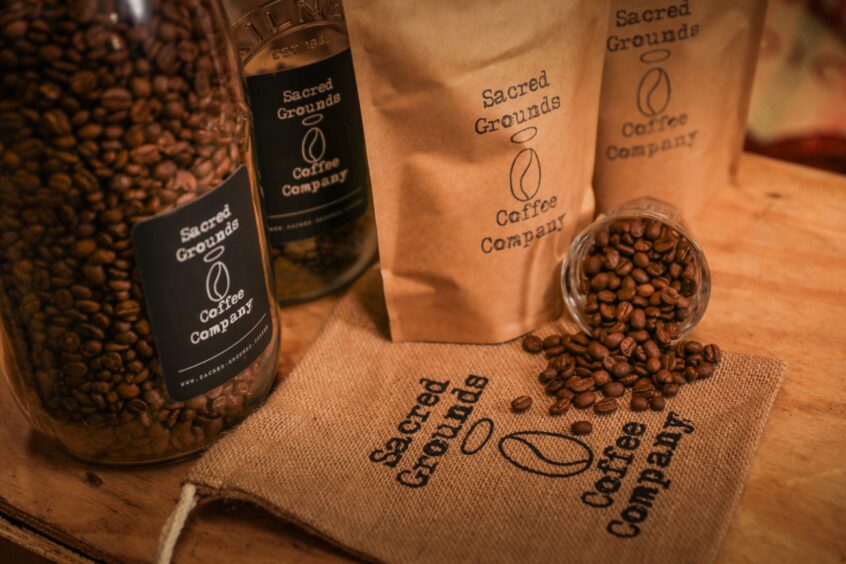
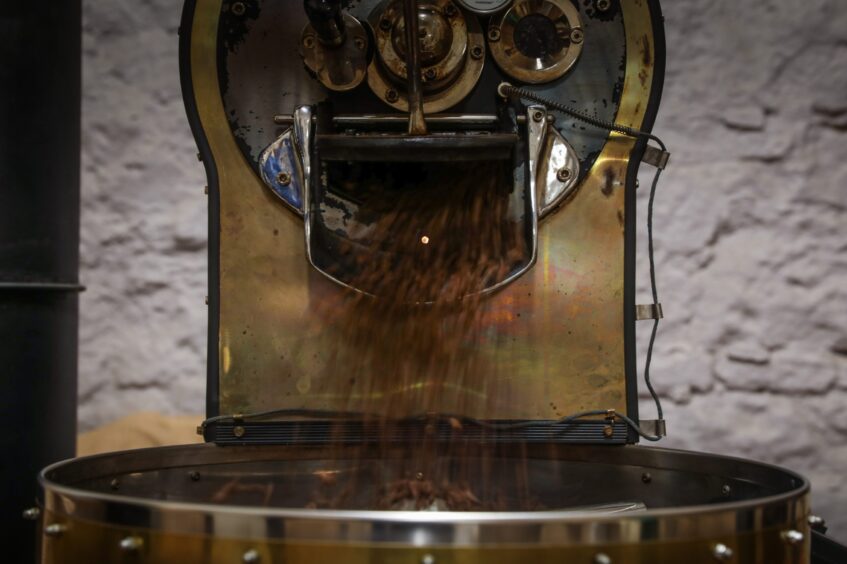
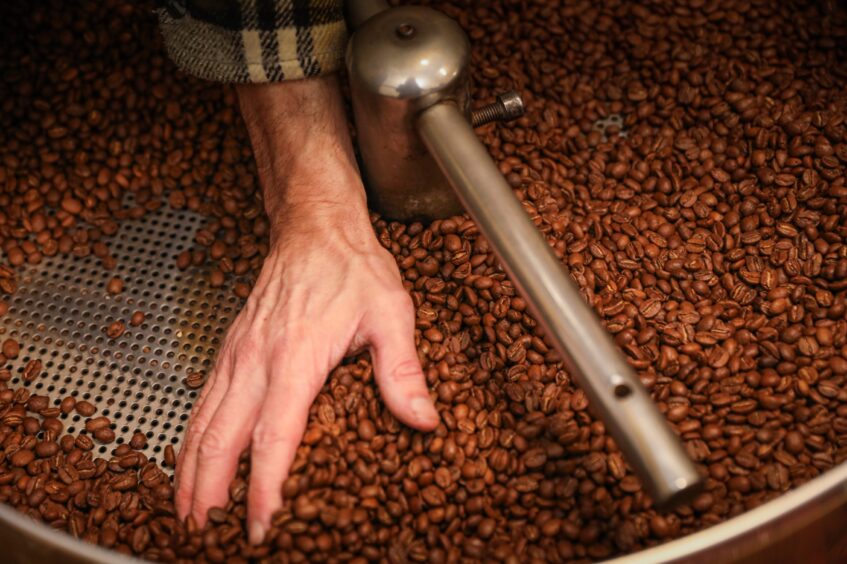
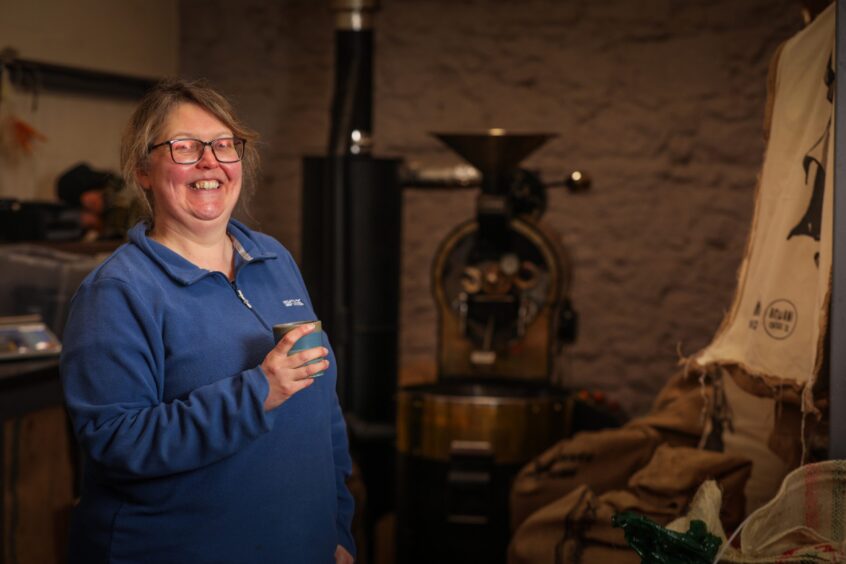
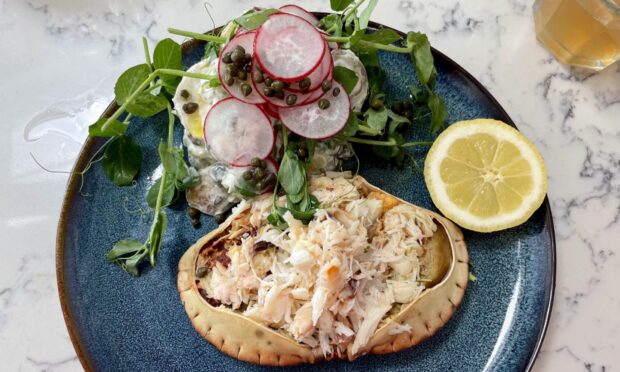
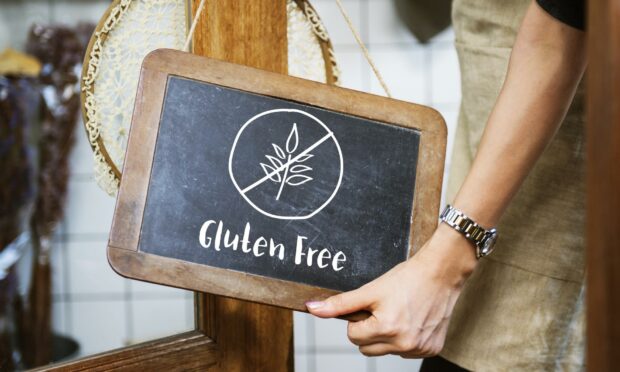
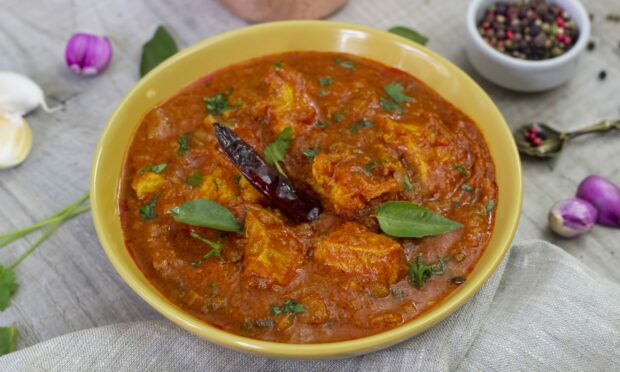
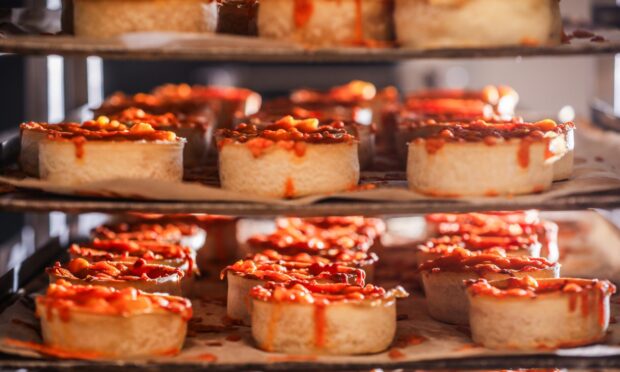
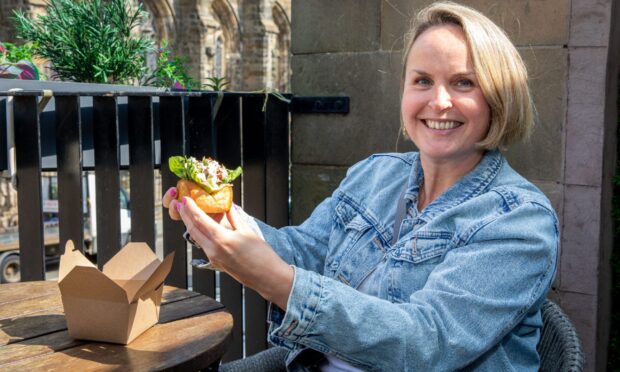
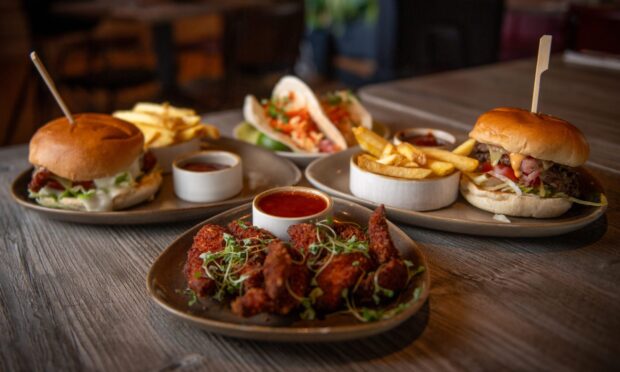
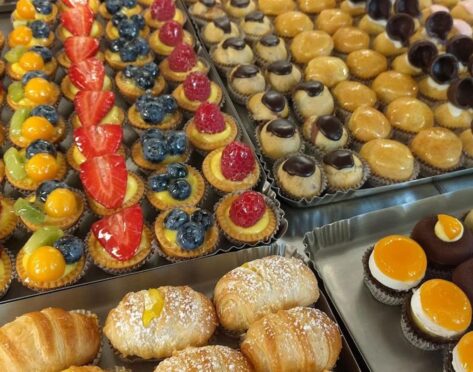
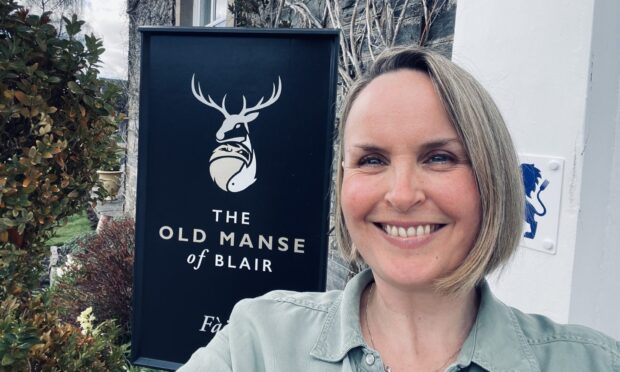
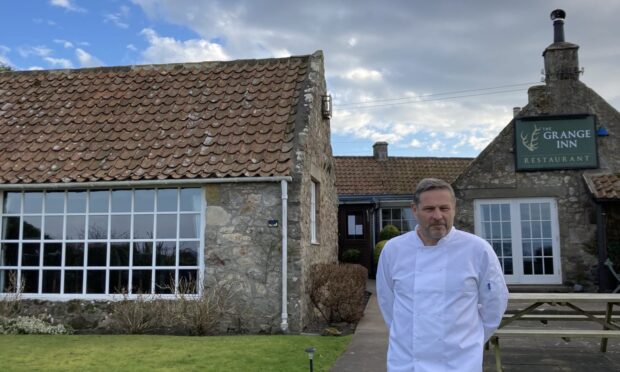
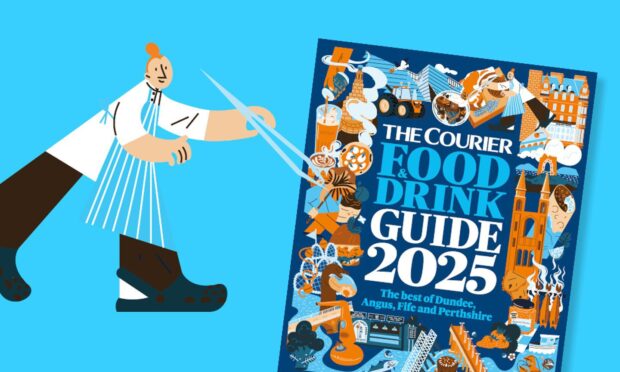
Conversation